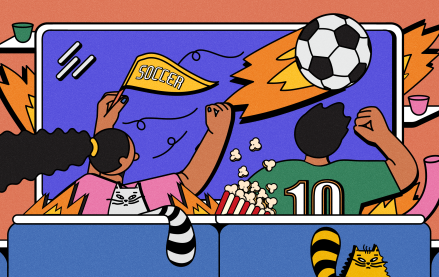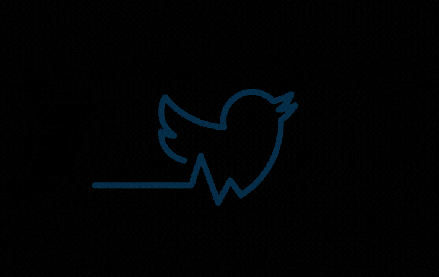Snickers mines behavioral data to find ‘windows of impulsivity’

Ad targeting is moving into a new area: moods. Snickers maker Mars is mining behavioral data to pinpoint people at their weakest moments for snacking: being happy, bored or even stressed.
“Windows of impulsivity is a moment in your life when you’re in a particular mood, time or place when you’re more likely to buy something,” said Dan Burdett, global brand director at Mars’ brand Snickers. “The goal is for us to be more noticed and better understood.”
For Snickers, Google’s ad server DoubleClick would have sold information to its agency about audience signals like passion points, such as food, sport or business, based on users’ Web behavior. But Snickers wanted to understand if there’s a link between certain moods and impulsive chocolate buying. So it changed the signals to moods like happy, bored, sad and stressed, and is experimenting with different creative messages based on mood signals. Successful targeting requires Snickers to collect more first-party data along the way, though.
“We in chocolate haven’t historically collected much data,” admitted Burdett.
Simon Stanforth, group director of audience and measurement solutions at Starcom Mediavest Group, said that clients are interested in more mood-based targeting solutions but still lack hard evidence on how much it works.
“One of the key challenges is education. There are a number of emerging ad targeting techniques, so agencies need to educate their clients and work with them to test and learn,” he said. “Another is responsibility — ensuring we’re sending relevant messages to people when they want them and not over-intruding with the advertising.”
This sentiment is echoed by Dino Myers-Lamptey, strategist at media agency The7Stars, who points out that there’s a reason why Apple PR’d its mood-based ad targeting patent in 2014 and has since gone quiet.
“Technology companies need to be careful about how they publicize it,” Myers-Lamptey said. “People don’t like being chased around the Internet by behavioral retargeting, let alone knowing that the ad is being served to them because they are in a bad mood.”
Image via Flickr
More in Marketing

Ahead of Euro 2024 soccer tournament, brands look beyond TV to stretch their budgets
Media experts share which channels marketers are prioritizing at this summer’s Euro 2024 soccer tournament and the Olympic Games.

Google’s third-party cookie saga: theories, hot takes and controversies unveiled
Digiday has gathered up some of the juiciest theories and added a bit of extra context for good measure.

X’s latest brand safety snafu keeps advertisers at bay
For all X has done to try and make advertisers believe it’s a platform that’s safe for brands, advertisers remain unconvinced, and the latest headlines don’t help.





